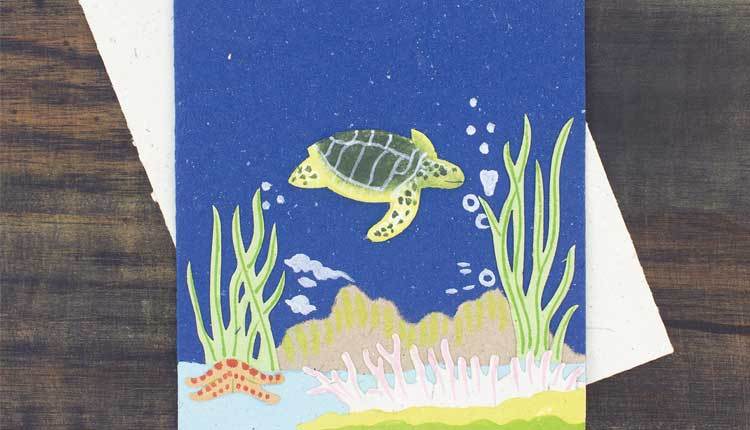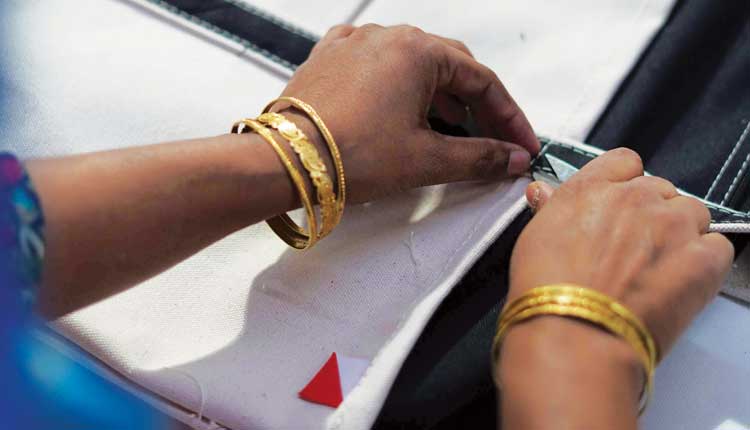Buying that makes a difference |
| By Kristin Ely |
The Saint Louis Zoo is showing its patrons that people are part of the solution to creating a better world.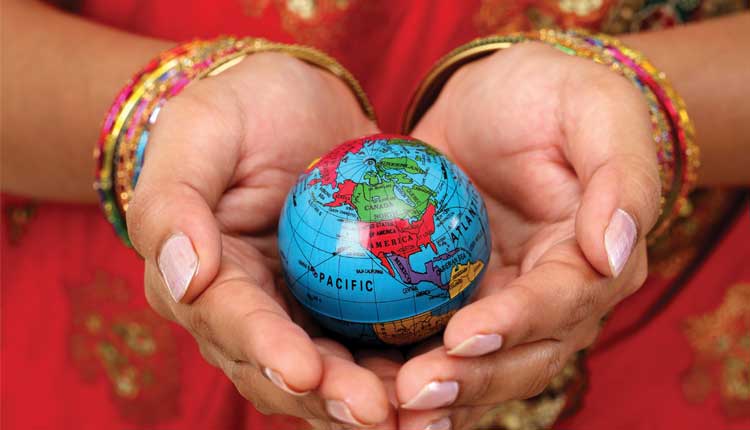 © Adobe stock | godsandkings Retailers in tourist destinations are always sourcing new and unique items for shoppers. Increasingly shoppers are drawn to items they know have positive impacts on the people who created them and the communities where those artisans reside. Fair trade and ethically produced goods are plentiful, and retailers who carry them can show they care and provide another reason for their customers to make purchases they know support humanitarian causes.
Seaside Retailer: Why is carrying fair trade or ethically produced products important for Saint Louis Zoo’s gift shops?
Related Article: Paper with a poo-pose Anthropological conservation is very important to us as well. This looks at culture, commerce and conservation in one paradigm. We want people who live around the animals in our collection to share their art and culture through crafts and goods. We are all human, and we all have wonderful stories. Sharing stories is what makes us human, and we have products from over 25 countries; so that makes for a lot of storytelling. You can go to almost any store and purchase something mass-produced in a factory, but at the Saint Louis Zoo, a person can get a one-of-a-kind handmade craft that impacts the lives of others directly. SR: How do customers respond to these types of products?
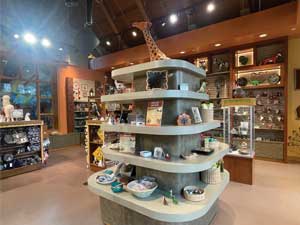 The Saint Louis Zoo gift store sells fair-trade stone sculptures, baskets, wood carvings, beaded items, wall art, paintings and jewelry. When we were in Kenya, we developed a cell phone holder made of stone. We have to constantly think about new designs or ideas to stay relevant in the world of today. When people come in the gift shops they are not looking for a butter-churn, but they may need a handmade hair tie. Always keep the crafts relevant to the era you are living within, unless it is just a true decorative piece. SR: How can a retailer determine if a company they want to do business with is a fair trade company?
Research is very important because you want to ensure you are telling the correct stories to your guests. SR: What does it mean to be certified fair trade versus simply doing business fairly? Are both okay? Are there companies making claims that aren’t substantiated?
Related Article: On a mission SR: Where can one go to find fair trade products to carry in their store? Where do you go?
These products can be found at some Clarion Events shows, Emerald shows, Las Vegas Market, AmericasMart and other regional shows. If your institution has the finances, I suggest going into the field to find your own crafters and use existing vendors to help you get their products into the country legally. Never just bring products back in your suitcase, as I have heard of some buyers doing in the past. Products need to always enter our nation legally because there can be economic and environmental risks. SR: Why should a seaside retailer consider carrying fair trade products?
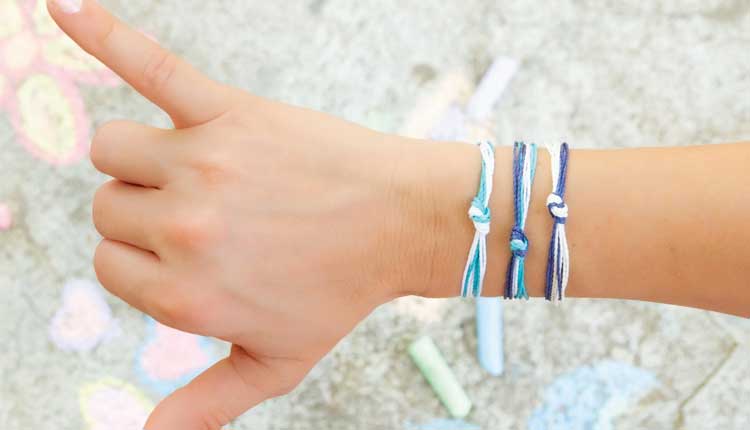 Related Article: Breaking the cycle of poverty in Nicaragua Remember this: You are of the earth, not from the earth. Think about this phrase next time you are making purchasing decisions. Think about if the product you are buying is helping or destroying your world? Think about your purchase; is it lifting someone out of poverty or enslaving an innocent human? Is what you are doing in your business helping build up the people in your community or is it causing an unhoused concern? These are the reasons why everyone should consider carrying fairly traded products in their locations. SR: What approach should a retailer take when introducing fair trade items into their store/displays?
It is also important to know your area, and what is important to them in terms of fair trade products. Maybe your area has a focus on saving sea turtles. If that is the case, you should find a hand-crafted product that uses sustainable, natural materials and gives money back to sea turtles. Have fun, learn about fair traded items and do your best to help sustainability within your shop. This article is just a tip of a very large iceberg. It is now up to you to go do all the research and find what works for you and your shop. On a good note, we have the internet now, and that makes things much easier to find. Best of luck on your sustainable journey! |

